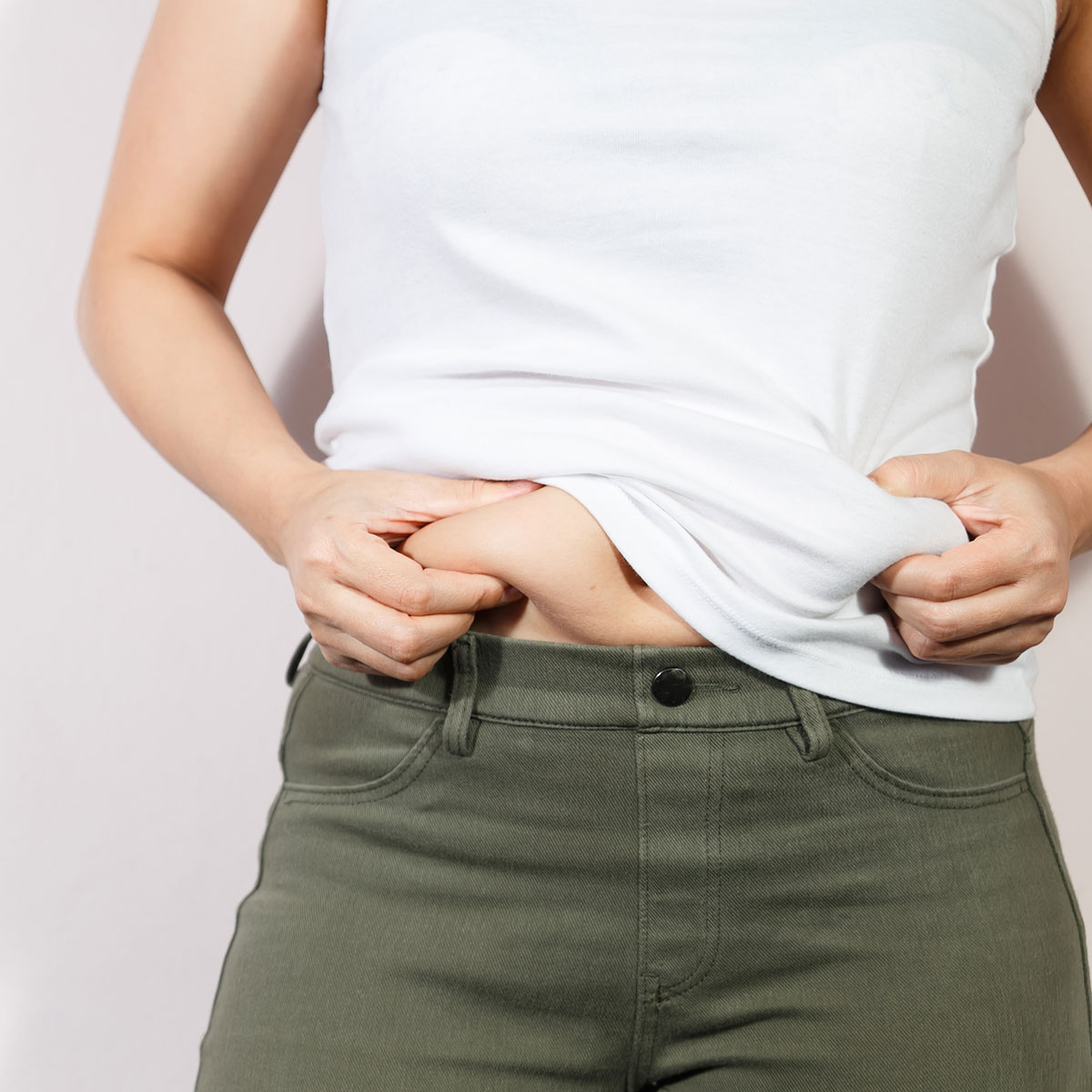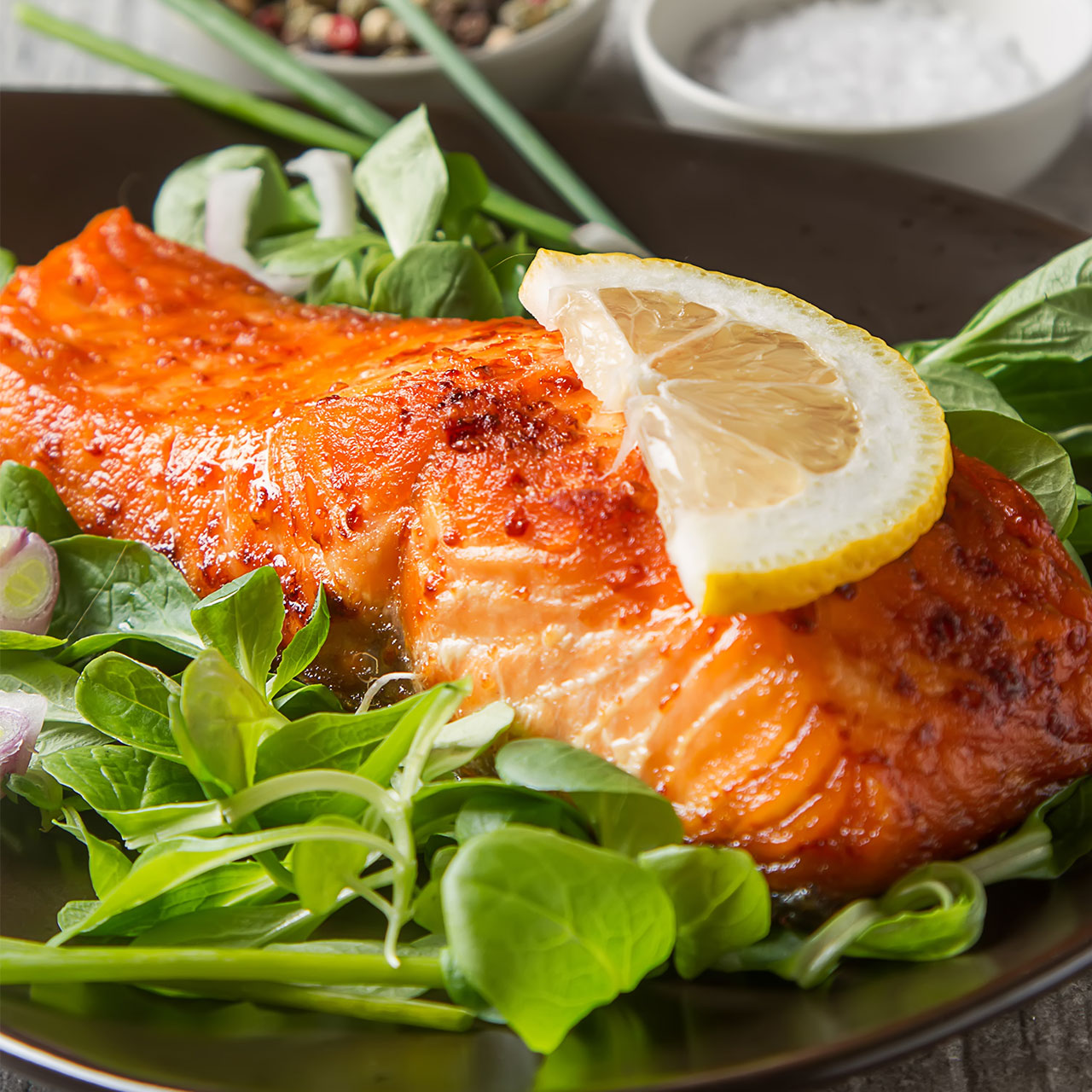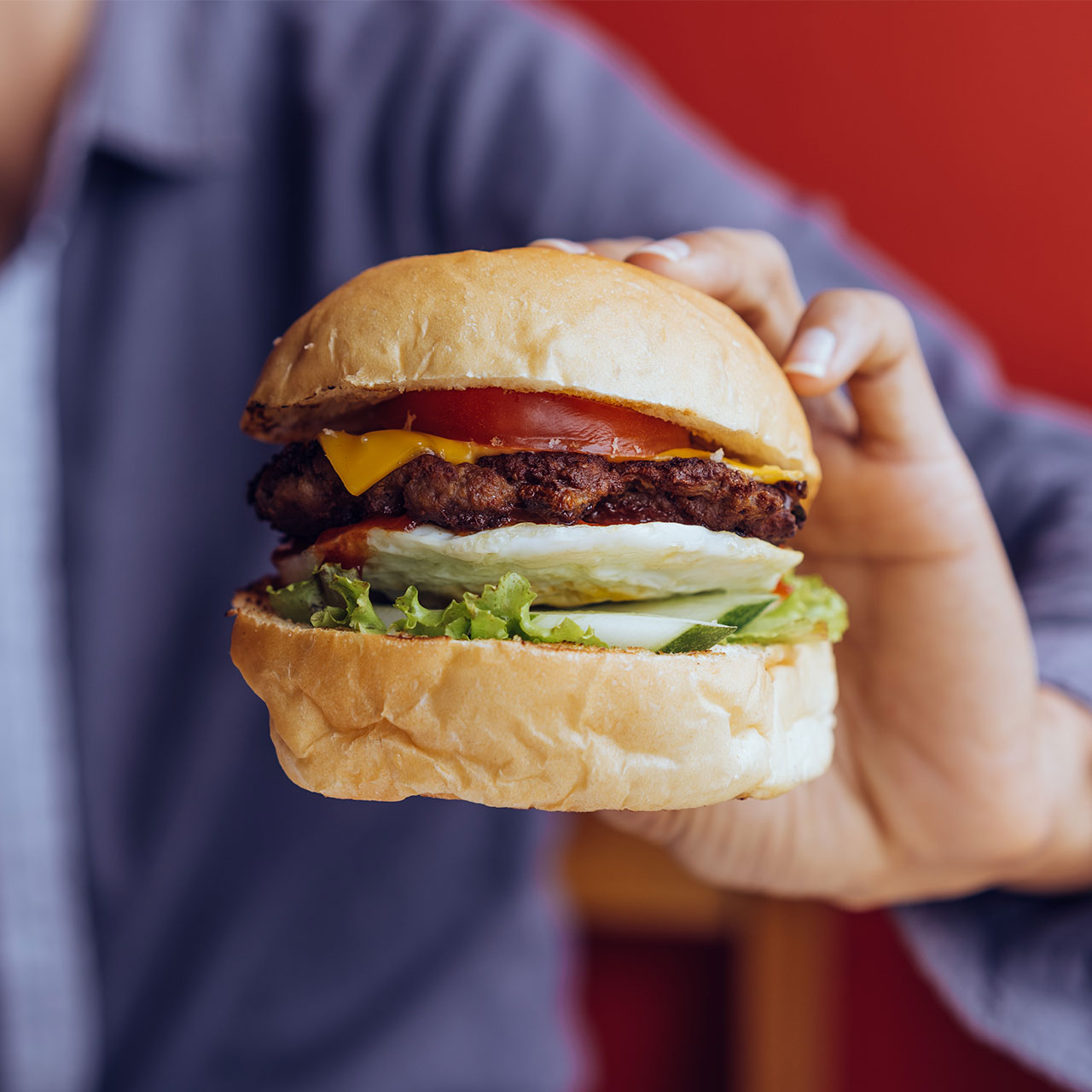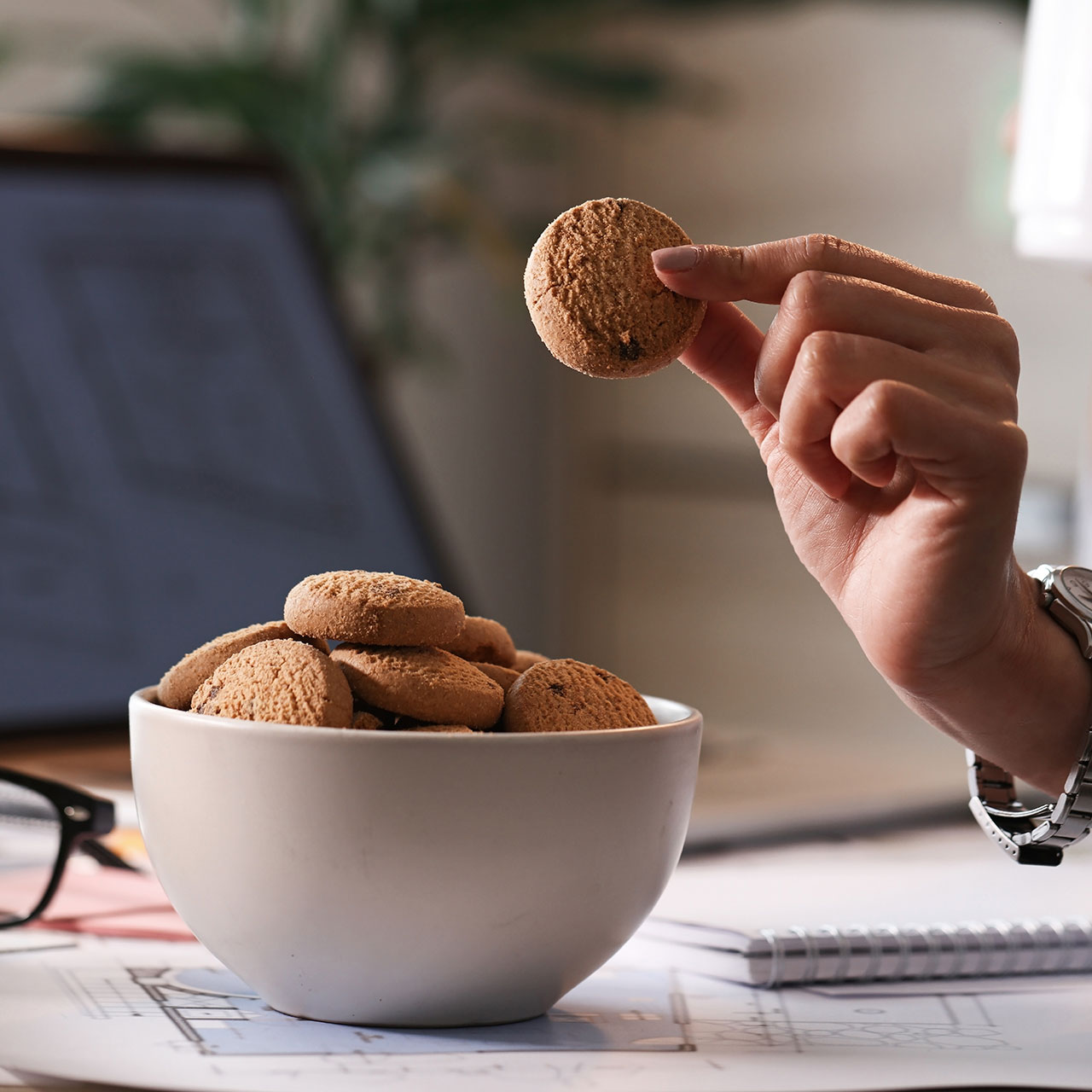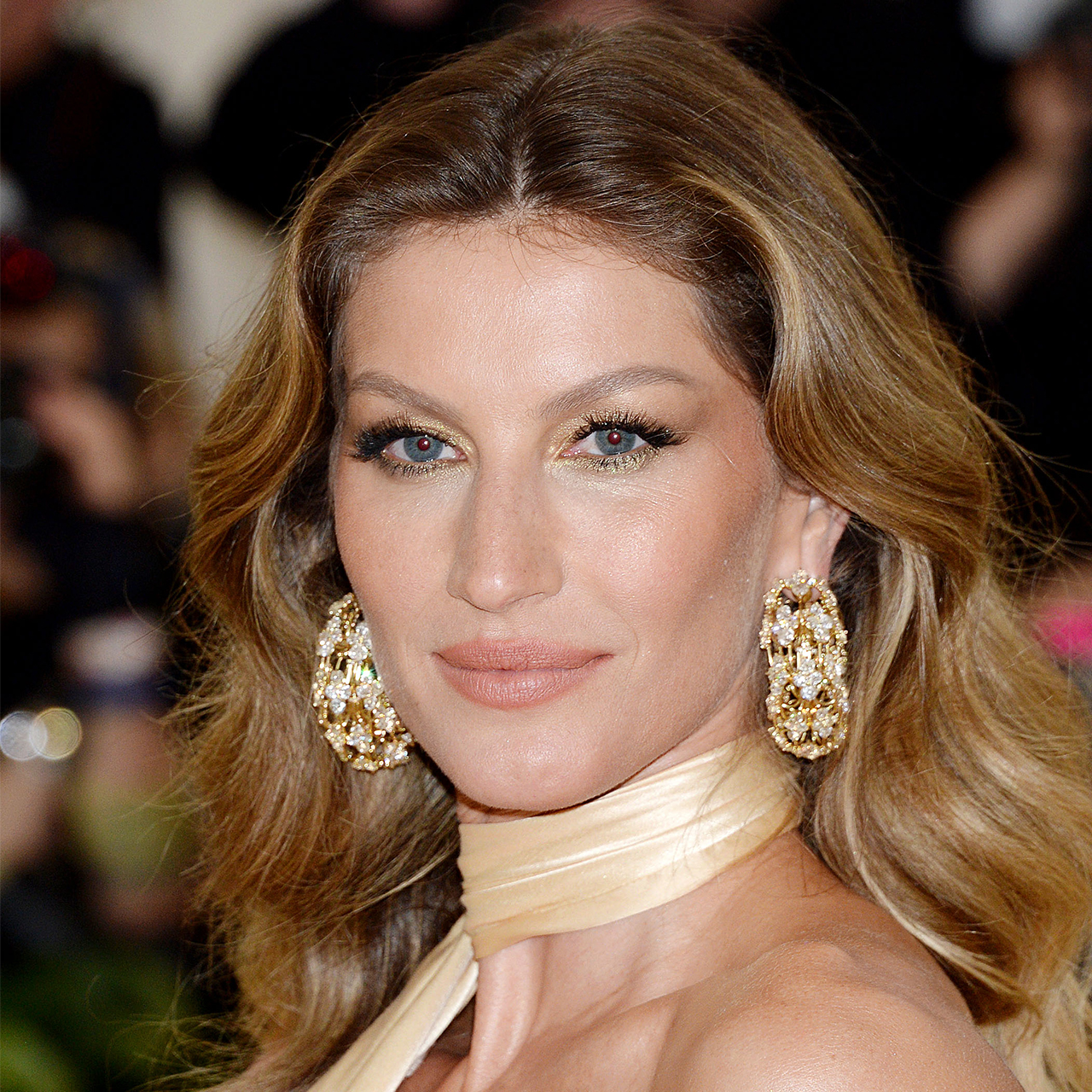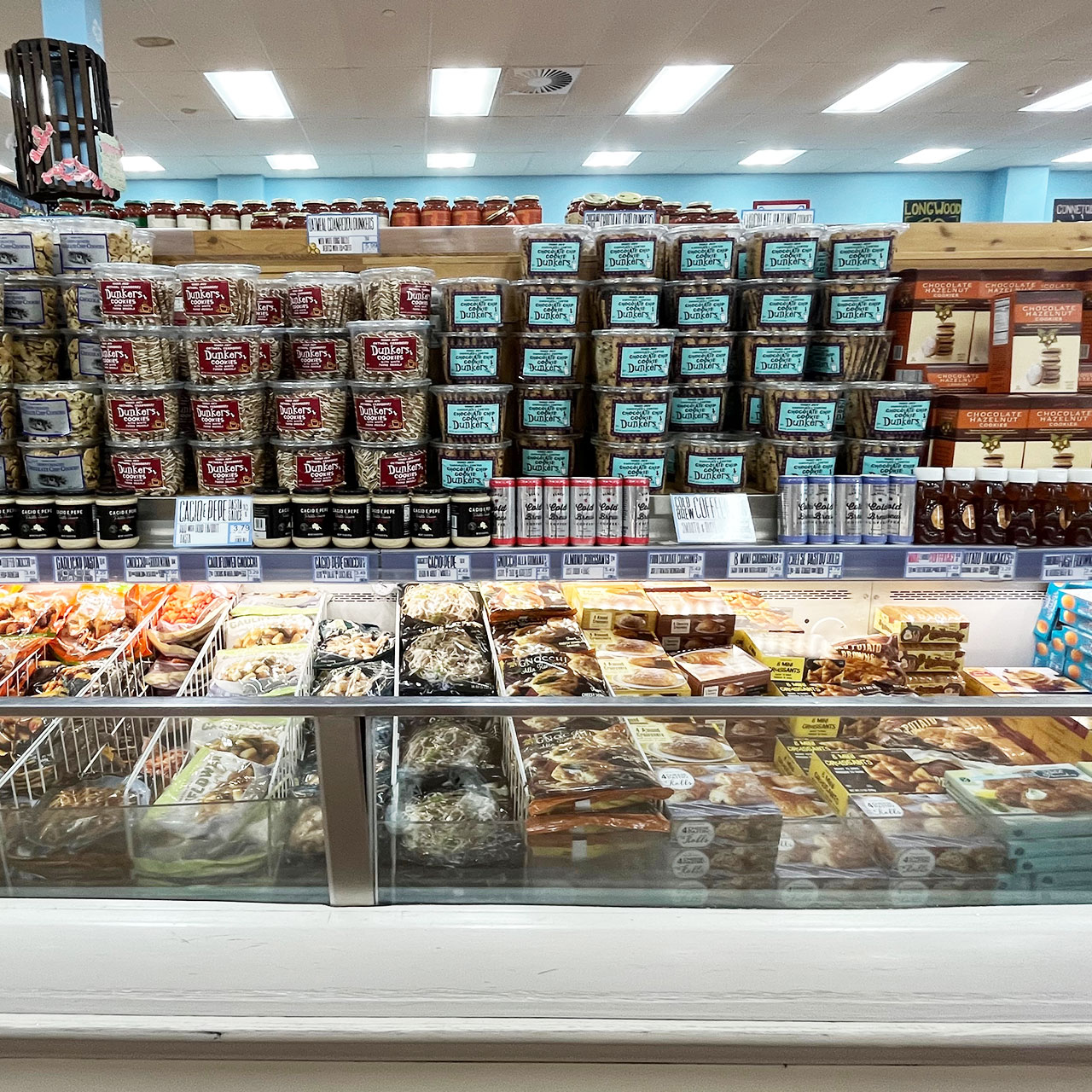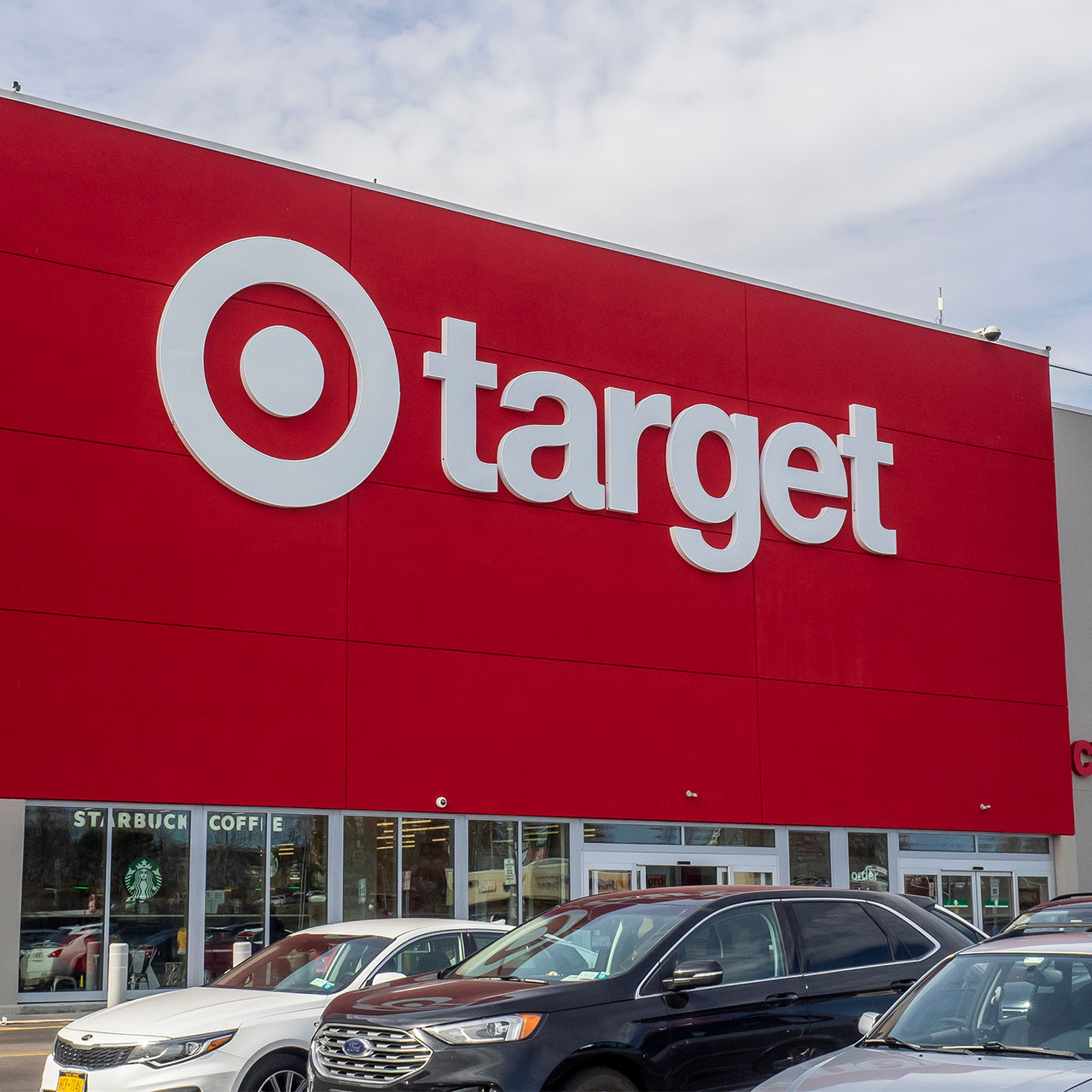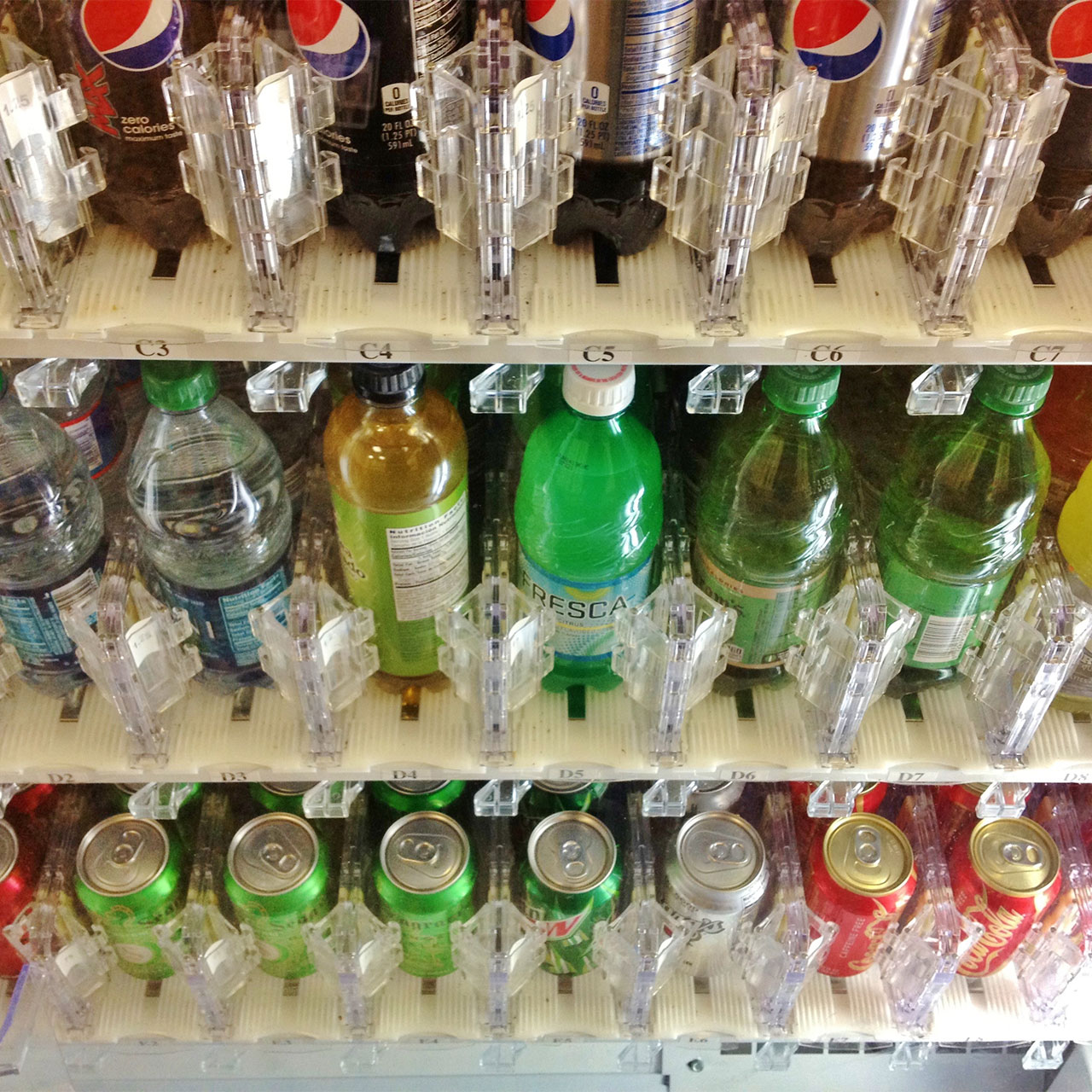Many experts will agree that losing weight healthily is a marathon, not a sprint, and cannot be done overnight. For many, the process is gradual, and requires a balanced diet, regular exercise, frequent hydration and a consistent sleep schedule.
With that said, we checked in with registered dietitians, nutritionists and other health experts to learn more about three common myths that won’t actually cause healthy weight loss (and often lead to weight gain, instead!)
Read on for tips, suggestions and insight from Trista Best, RD, LD, MPH, registered dietitian at Balance One Supplements, Dr. Rosmy Barrios, MD, health expert and medical content author, and Lisa Richards, registered nutritionist and creator of The Candida Diet.
READ MORE: Dietitians Agree: These 6 Weight Loss Tips Should Be Followed For Life


Myth #1— Skipping Meals (And Especially Breakfast) Burns Fat
Regarding your health and optimal fat burning, there's more harm done than good when it comes to skipping meals. This is especially true about breakfast, Best says. "When it comes to dieting and weight loss most of us look at calories first and how we can take in as few as possible," she says.
Unfortunately, Best adds, "this may work in the short term, [when it comes to nurning fat], but long term it does damage to your metabolism." She notes that each person has a unique metabolism, the rate at which they burn calories, and for most individuals this is around 2000 calories per day. "This means for your body to perform its regular functions at optimal level, it requires a certain amount of calories."

Put simply, when you go over this number it leads to weight gain, and when you consume less than this number it leads to weight loss. This weight loss or burned fat is short lived, she notes, however, because the body will adjust to only receiving a smaller amount of calories. Therefore, it will slow down the amount of calories it needs in order to conserve energy and avoid starvation. This essentially means you are slowing down your metabolism.
"When restricting ends you will see rapid weight gain as you begin eating what was a normal amount of calories before because the body is now storing the excess as fat more efficiently," Best continues. Burning fat, she stresses, is about adding more protein and nutrient-rich foods to your meals rather than skipping them or limiting them. Healthy dishes and vitamin-filled snacks throughout your day will help you maintain your progress before/ after exercising, and "depriving your body of essential nutrients," she says, is not something you should practice.
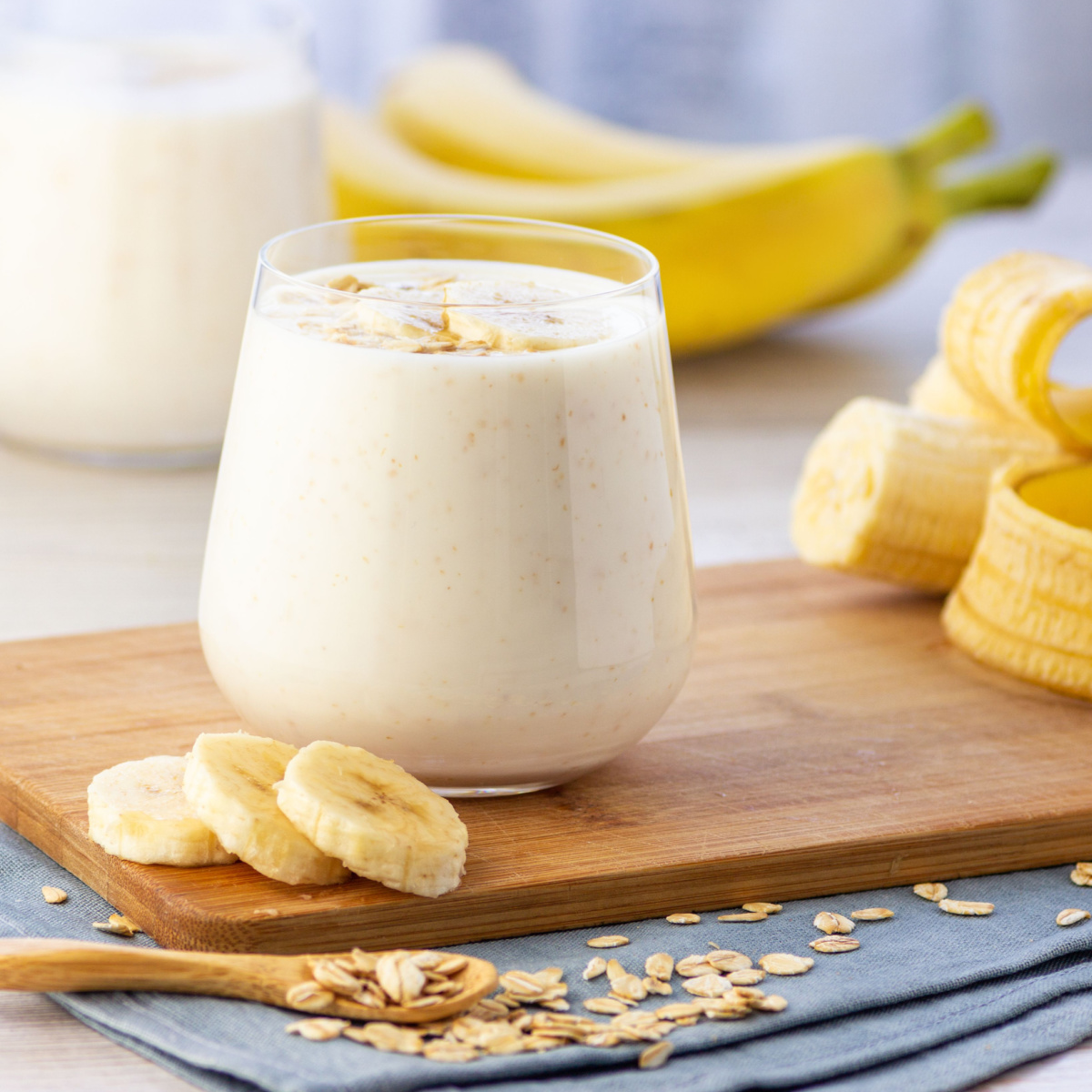
#2— Weight Loss Means Depriving Yourself Of Dessert
There are plenty of healthy desserts out there that can support your weight loss journey, Richards stresses, and you don't have to give up your favorite treats. Instead, finding healthier versions or adding more fruit or other fiber-filled ingredients to your favorite desserts can be a happy compromise here.
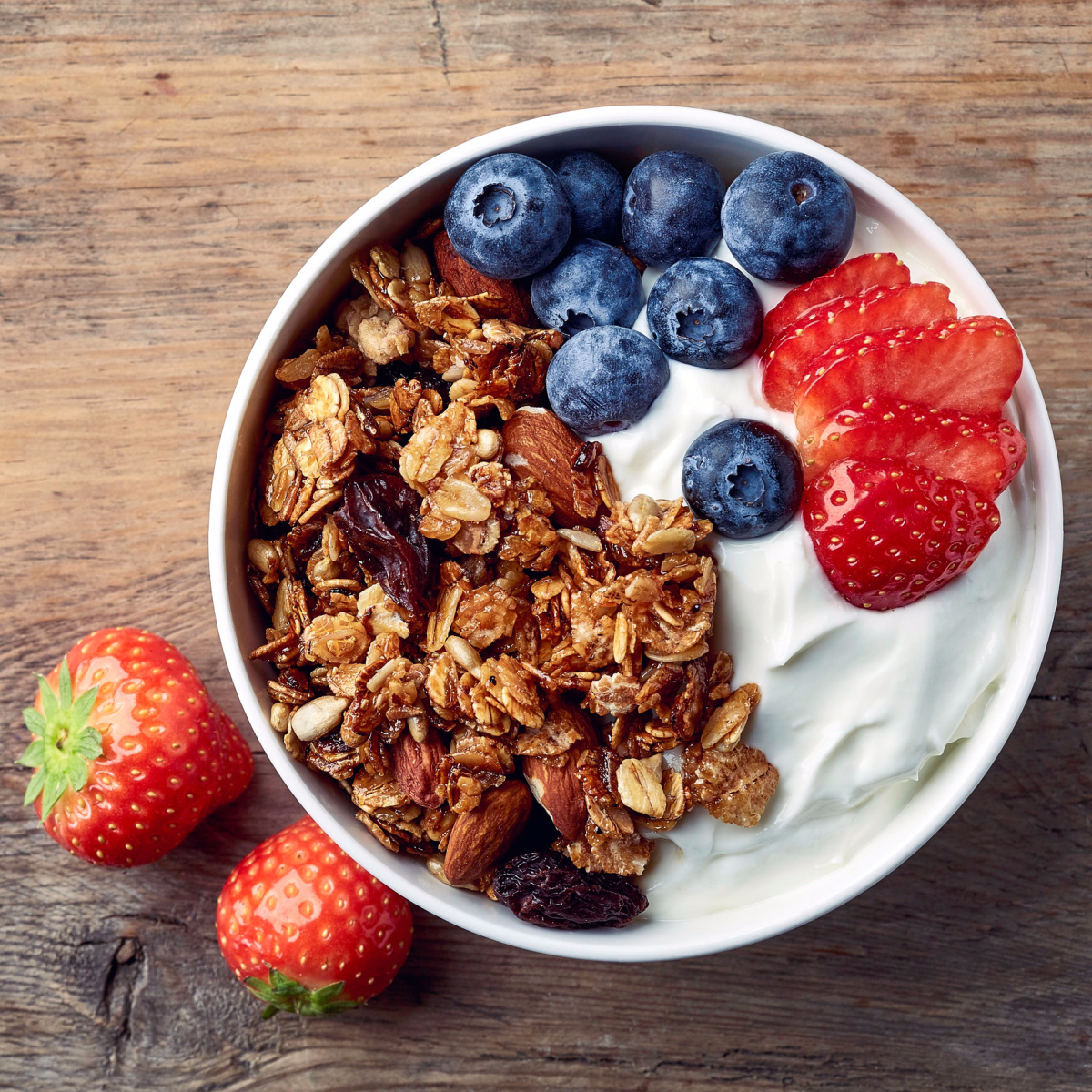
Whether you're whipping up a yogurt dish, smoothie, parfait or other treat, Richards suggests adding blueberries specifically for your weight loss goals. "Blueberries are the highest in antioxidants. Their specific antioxidants are flavonoids, plant compounds that give these berries protection and when consumed give us similar protection on a cellular level as well," she explains.
These versatile berries, she adds, are "also high in nutrients while being low in calories." This makes them an ideal ingredient to shakes, desserts, yogurt or ice cream toppings, or just eaten by themselves. When going out to eat, Richards provides another pro tip when it comes to weight loss. "If you must indulge in dessert try splitting it with a friend," she says, as this will "cut the calories and the expense in half."

#3— You Have To Keep Track Of *Everything* You Eat To Lose Weight
While it's great to take note of what you consume in a day in the efforts of making your diet healthier, Barrios warns that this can be overdone. Whether you're counting calories, macros, etc., this should be done to observe what you might want to eat more of before planning for your next meal (rather than to bash yourself for what you've already eaten!)
"Newcomers [to counting macros] often make the mistake of just looking at the numbers and choosing heavily processed foods that lack vitamins and minerals," Barrios explains. An "essential tip" that she recommends keeping in mind, is that "counting macros [or anything else] should be a short-term practice," rather than something you do excessively when wanting to burn fat.
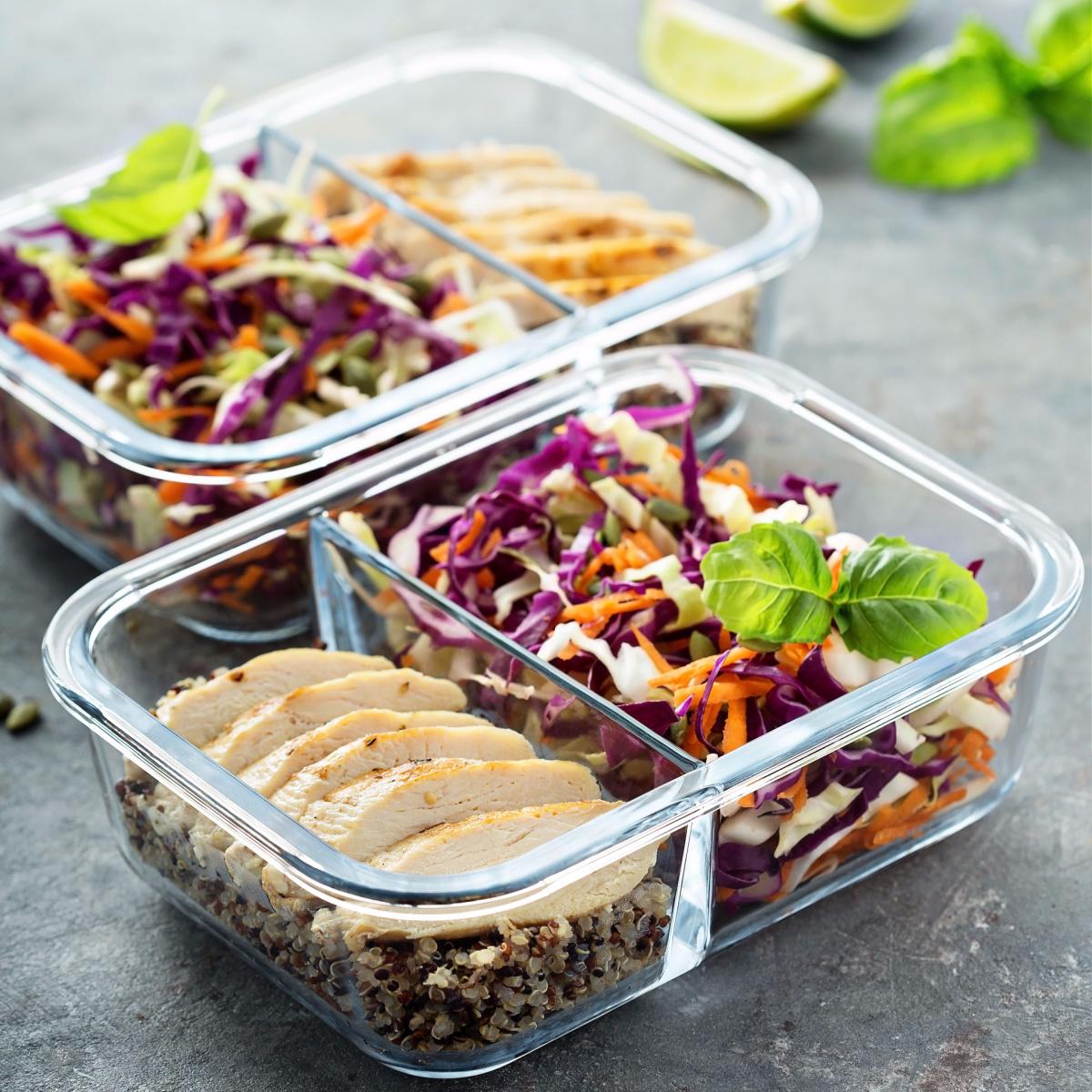
"Focusing on numbers and the constant weighing of food products can become a quick way to dysfunctional eating," Barrios says. "It is always good to be educated about macros or other things, but making this a regular practice is not recommended," she adds.
While meal planning can be healthy and a fun way to get more excited about what you love eating and noting what might not make you feel your best, this shouldn't lead to stress or anxiety about what you consume.
Ultimately, Barrios and other experts say, the best ways to burn fat include listening to your body when it is hungry or feels great after exercise, and to visit a doctor to help you craft a healthy meal plan.





